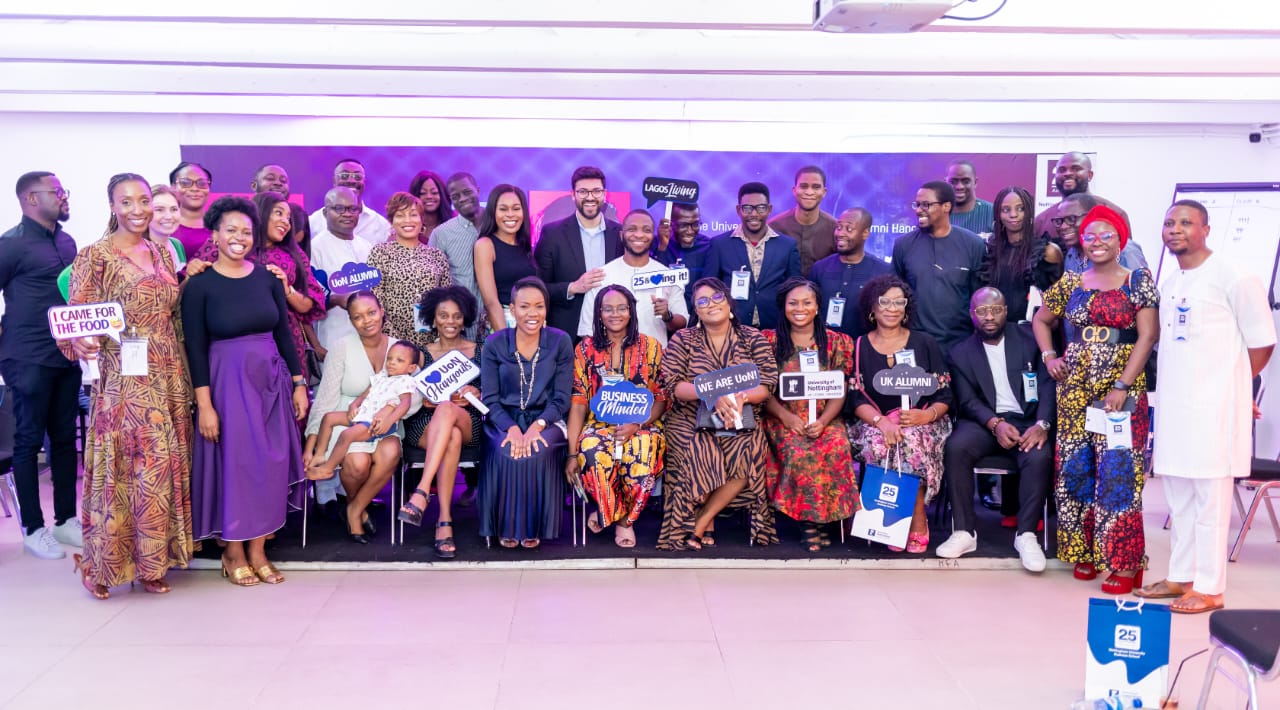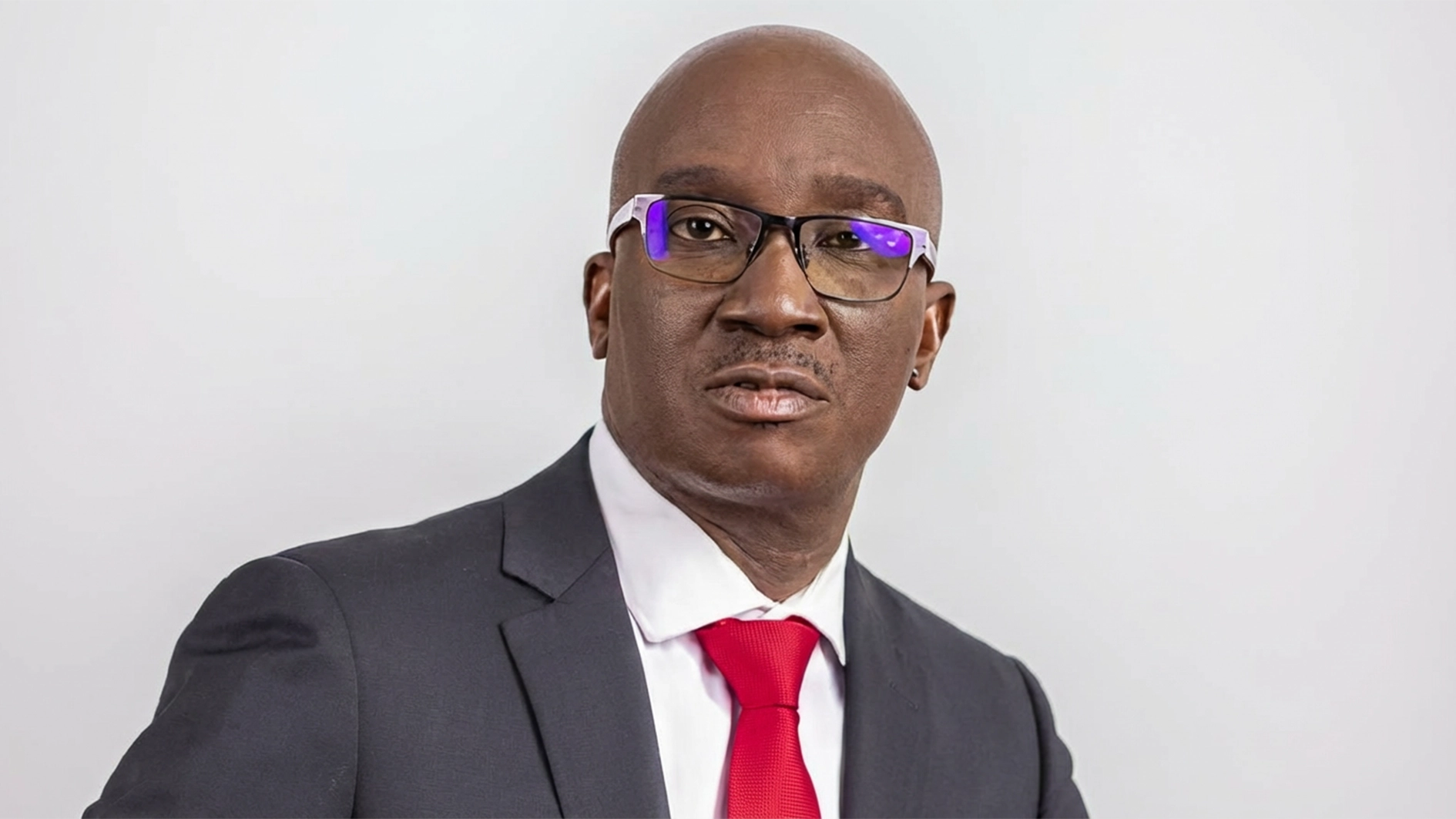
Alumni of the University of Nottingham, a Russell Group University in Nigeria have said the best approach to tackle the nation’s socio-economic challenges is for the managers of the economy to tap into the vast human capital from across local and international organisations.
Speaking at an event to mark the 25th anniversary of the Nottingham University Business School (NUBS) in Lagos, Kola Oyeneyin, an alumnus and Chief Executive Officer of Opportunik Global Fund, said to overcome the economic challenges facing Nigeria, the government need to create an environment where human capital from various sectors can come together in an organised manner to contribute idea to grow the country.
According to him, talents from various fields of studies are willing to share free intel with the government on how to boost its developmental agenda, to the extent that the government is willing to provide for the environment.
Oyeneyin said Nigeria needs to get the balance of development and growth right if it wants to compete globally, adding the country cannot achieve inclusive growth without including human capital development which can lead to national development.
“Nigeria cannot develop nationally unless she develops her human capital. Nigeria’s ability to grow and develop human capital is directly proportional to her aspiration. We cannot build a complex economy if we don’t grow human capacity and the technical capacity to do it,” Oyeneyin explained to journalists at the event.
He further observes that Nigeria’s economy is not a complex one if she cannot add value to her raw materials which puts the country at a disadvantage to her neighbouring countries that can do it.
University of Nottingham, International alumni ambassador, and the host for the event, Tobi Odukoya, identified inequality as one of the reasons Nigeria is not benefitting from her huge talents across the globe.
Commenting further Odukoya said inequality has deprived Nigeria of the benefit of getting the very best talents to deliver value that would drive economic growth.
To address this inequality issue, the International Alumni Ambassador recommends an inclusion approach where the government organise qualified talents that have similar minds together and collaborates with them to achieve the desired socio-economic growth the country urgently needs.
Head of international Alumni volunteering at Nottingham University, James Stephenson, said Nigeria is a very important country for the institution as the school has a strong, vibrant alumni community here in Lagos and over 1,500 alumni across the country.
He pointed out that these alumni have gone on to do fantastic things in various sectors like entrepreneurship, mentorship and supporting young Nigerians who don’t have the opportunity to study abroad.
Stephenson noted that the world is bigger than the university and working together with other alumni to give back to communities can make a positive and multiply the impact an individual can have.
“We make sure that alumni recognise the importance of giving back using their skills for wider community benefit,” he said.
On the importance of alumni contributing to the development of their home country, Stephenson said it is important to recognise that the curriculum used in Nottingham University Business School covers both theory and practice.
He pointed out that the business school understands that there are lots of students that come from around the world so it is important that the curriculum at the university recognises transferable skills and develop transferable skills in its students, adding that these skills whether theoretical and practical can then be applied back in their home countries in an appropriate way.
“Students would learn things at the University of Nottingham whether theory or practice which they can now take back home and apply locally. So the adaptability, the flexibility of what we teach and instil in our students makes it applicable across the world,” he said.






